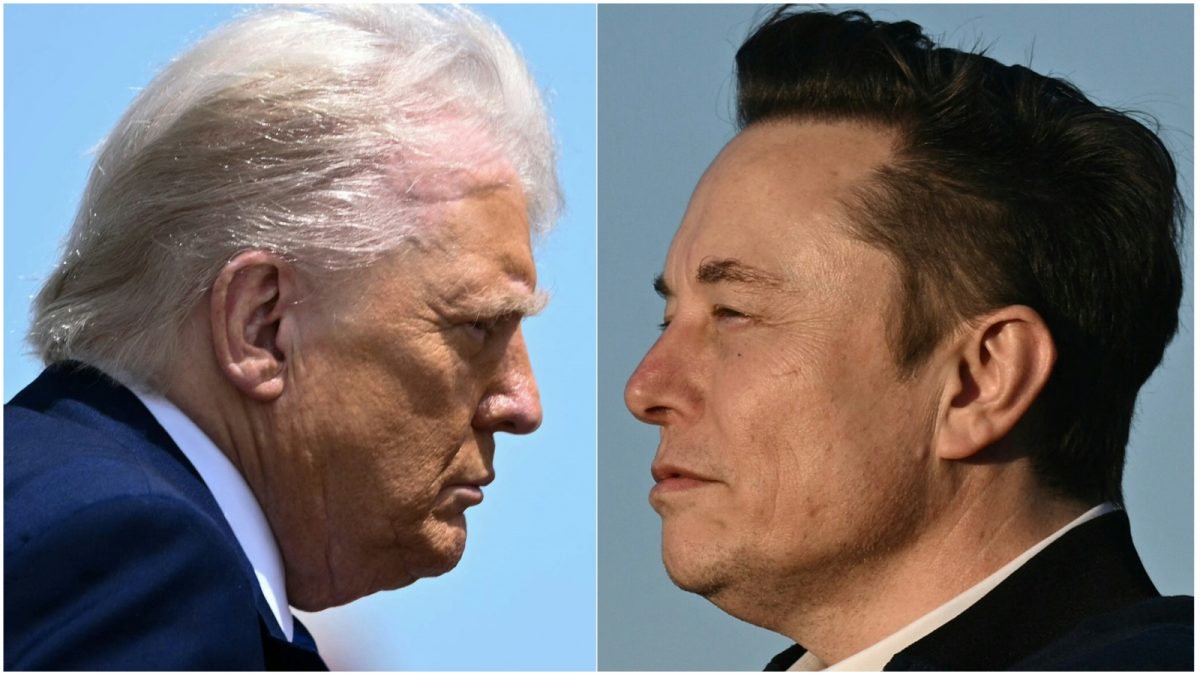A 50-year-old legal precedent blocking parents from claiming childcare fees as a tax deduction will be challenged in a major test high court case.
Since 1971, deductions for childcare fees have been denied by the Australian Taxation Office following the case of Ann Margaret Lodge, a single mother and law clerk who worked mostly from home.
Lodge claimed $647 in nursery fees for her daughter’s care but had her high court appeal denied.
The court found childcare costs were neither relevant nor incidental to producing income and were private or domestic. As a result, courts and tribunals have consistently rejected claims for fees to be included in work-related deductions in annual tax returns.
Sign up for Guardian Australia’s breaking news email
But law firm Arnold Bloch Leibler is preparing to argue the Income Tax Assessment Act has not kept pace with society and the structure of modern families. A lack of childcare is one of the biggest obstacles to women participating in the workforce.
Lead partner Paul Sokolowski said that, unlike in previous generations, many Australian families require two incomes to make ends meet and allowing a work-related deduction for childcare would boost productivity across the economy.
“If you spend money to do something that puts you in a position to be able to earn income, it’s not deductible, but if you spend money in the course of doing what you do to generate income – something that makes you able to do your job more efficiently – then it potentially is deductible,” he said.
Sokolowski said denying childcare costs as a tax deduction was “anachronistic”.
“It doesn’t pass the politicians’ pub test. If you look at the facts in Lodge, one of the arguments … put to the court 50 years ago was the very idea that having someone look after your child actually makes your makes you more efficient.
“You’ve got no distractions, it actually makes your work more productive, makes you more efficient. And that’s precisely what deductibility, the principle, should be based on.”
Arnold Bloch Leibler will argue that rules allowing essential workers to use childcare during Covid lockdowns proved the services were critical to some employment.
During the pandemic, some Coalition backbenchers pushed for the Morrison government to allow families to choose to claim childcare costs as a tax deduction instead of accessing the fee subsidy.
Currently in its early stages, the firm is working on the case pro bono. It would require leave to appeal to the high court and stems from the work of Melbourne University law school taxation expert Ann O’Connell.
The Grattan Institute is opposed to childcare costs being deductible. The thinktank argues most families, including low-income households, would be worse off than under the current childcare subsidy rules.
In February, parliament passed changes to eligibility rules for the childcare subsidy. It means parents will be guaranteed a minimum of three days of subsidised childcare regardless of how much they work or study.
The three-day guarantee begins from January 2026 for families earning up to about $530,000.
But Arnold Bloch Leibler believes tax deductibility would strengthen existing arrangements.
The firm has asked the ATO to provide test-case funding or not impose costs if it loses.
An ATO spokeswoman declined to comment on the case.
“The ATO cannot comment on the tax affairs of any taxpayer due to our statutory confidentiality obligations,” she said.

 1 month ago
1 month ago















